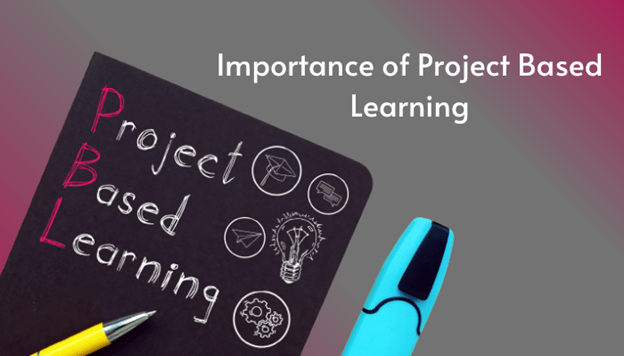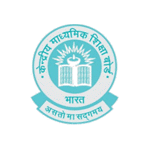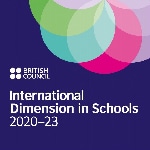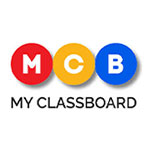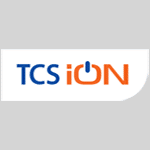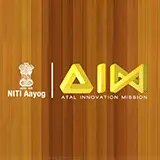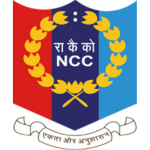Project Based Learning (PBL) or Project-Based Instructions is one of the most effective methods of teaching which provides extensive benefits for students, varying from creative thinking to project management to self-confidence. According to the studies conducted by Autodesk foundation, project-based learning has rapidly increased the scores in student assessments, classroom engagement and even in attendance. Project-based learning has given an opportunity to teachers to strengthen their relationship with the students by serving as hands-on learning facilitators. PBL is essentially an educational approach where students can approach one-another and learn by doing.
Project-based learning helps students to get in-depth content mastery. Moreover, PBL promotes the development of 21st century abilities such as critical thinking, communication, creativity, and cooperation. Project-based learning education is employed in a variety of educational contexts including colleges and high schools. It is critical to recognize between a project-based learning (PBL) and a regular college or a school project. In simple terms, PBL is the content of both unit learning and skills enhancements.
Why Use Project-Based Learning?
The basic reason is that modern work is usually project-based. However, many current students' careers will necessitate them to work on a variety of projects. As a result, it ’s logical for them to get project-based working experience, as well as the knowledge and abilities necessary to serve as a great project team member.
Elements for Project Based Learning
Although descriptions and project limitations vary by school, PBL is frequently used interchangeably with independent learning. The qualities of project-based learning are obvious and consistent.
The PBL model is essentially composed of these seven qualities.
- Concentrates on a broad and open-ended topic, task, or problem that the student must investigate, respond to, and/or solve
- Introduces what students should know, understand, and also be ready to do intellectually into the equation.
- Is inquiry-based, encourages inherent curiosity, and produces questions while assisting students in their quest for answers.
- Critical thinking, communication, cooperation, and creativity, among other abilities, are used.
- Students must explain their challenges, research procedure, techniques, and outcomes in the same way as scientific research or real-world projects.
- Integrates students ’ choice into the procedure
- Allows for criticism and adjustment of the strategy and project, much as in real life.
And when it comes to the project design, here are a few key elements that are required.
1.Challenging question or a task:
When choosing a project, it should be meaningful and should be a real-world problem which needs to be solved or needed answering at an adequately difficult level.
2.Prolonger investigation:
PBL projects must provide students with the opportunity to engage in a lengthy, detailed process of questioning, researching information, and applying knowledge.
3.Authenticity:
The project must be based on a real-world problem or assignment, or it must be connected to the students' personal interests, life challenges, and passions.
4.Student’s voice and decision:
Students must be involved in project choices, including what and how they will develop, and must be permitted to express their thoughts in their own voices.
5.Reflection:
Students and educators reflect on their education, the level of their work, any difficulties encountered, and the efficacy of solutions employed to solve them.
6.Revision and criticism:
Students must provide, accept, and utilize feedback to improve their processes and outcomes via reflection and critique.
7.Public product:
The project must produce material that is shared or exhibited to an audience beyond the class, such as industry clients or the general public.
Let’s have a look on a few benefits of Projects-Based Learning
1.Creativity:
Students use their creative thinking skills to develop new concepts for a product and project possibilities
2.Problems Solving:
With the help of Project-based learning, students learn on how to more successfully face problems that are significant to them.
3.Collaboration:
Relationships developed via cooperation are an important aspect of PBL. Students not only learn how to work effectively in teams, their own contribution, listening to others, and addressing issues as they arise—but they also form strong connections with instructors, which underscores how wonderful learning is. Students also can make connections with other students from the neighborhood while working on projects, gaining insight for future employment and beyond.
4.Project Management:
Students will learn how they can more effectively manage projects and tasks.
5.Curiosity:
Project based learning allows students to discover their interests, ask questions, and discover a new passion for learning.
6.Empowerment
Empowerment occurs when students take responsibility for their initiatives and comment on and celebrate their progress and achievements.
7.In-Depth Understanding:
With the help of Project-based learning, students can improve their existing knowledge and skills and broaden their knowledge of applied topics beyond memorizing facts.
8.Perseverance:
While working on a project, students learn to deal with difficulties more efficiently, typically learning from failure and implementing changes until they're happy with their work.
9.Critical Thinking:
PBL can allow students to look at challenges through a critical reasoning lens, questioning and brainstorming alternative solutions for their assignment.
We at Vikas The Concept School, understand the importance of Project- Based Learning and encourage all our students to contribute their ideas on their projects. Our students are taught to take charge of their life by making thoughtful and responsible choices. They are encouraged to appreciate risk and daring, communicate effectively, and not be discouraged by mistakes. Our friendly instructors expertly incorporate cutting-edge technology into the curriculum, improving student engagement and learning. Vikas strives for high academic performance through a team of dedicated instructors, built on a solid value system, so that students may compete in a global context in all fields, become responsible human beings, and make a major contribution to the future.
Vikas The Concept School is a center of excellence dedicated to developing children into future leaders. Through a systematic strategy, we provide concept and high quality education. Our educational atmosphere fosters order, freedom, a love of learning, a sense of connectedness to the world, and a sense of social responsibility. At Vikas, We have established a learning atmosphere in which kids look forward to coming every day. To promote students' 'holistic development,' our educational framework employs some of the world's finest learning and teaching approaches. We fully recognise that there are several learning styles, and that learning must be tailored to the child's manner. To know more about our facilities, academics and more just contact us now.

